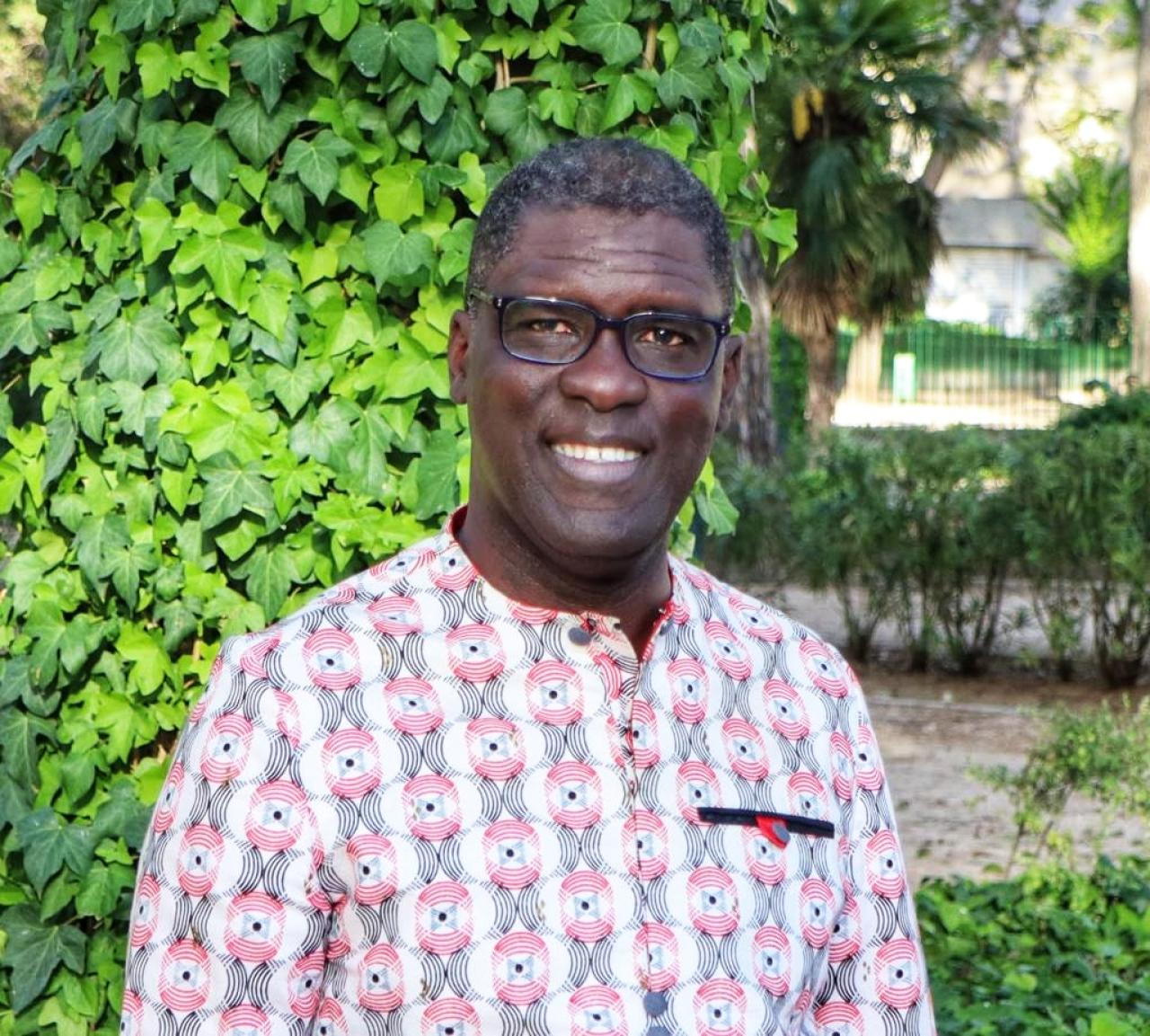I- Journey of Resilience: Cheikhou Cissé’s Path to El Pasico
Cheikhou Cissé, a qualified IT specialist from Senegal, built a successful career working at Dakar Nav, a Portuguese company based in Dakar. His hard work and dedication earned him the respect and support of his superior, who eventually helped him secure a visa to travel to Portugal. Cheikhou's journey to Europe originally intended to be a short stay to reconnect with friends in Portugal and Spain. However, as the end of his visa approached, he faced considerable pressure from his family, who saw his presence in Europe as a rare and invaluable opportunity. They urged him to stay, reminding him that many would risk their lives and spend thousands of euros to reach Europe through dangerous sea routes. After careful consideration, Cheikhou decided to remain in Spain, but this choice marked the beginning of a new and challenging chapter. He was no longer a tourist, but an illegal immigrant living in a foreign country, far from the stability he had known
Cheikhou eventually settled in Barcelona, where he immersed himself in learning Spanish and began the challenging job search. To work, he relied on the identity papers of a friend, a risky but necessary step that enabled him to build a network and obtain various job opportunities. However, his situation took a difficult turn when his friend returned to Senegal, taking the papers with him. Once again, Cheikhou found himself struggling to find work. Fortunately, the friend who had hosted him when he arrived was working in the construction industry with his brother, and they happened to need additional manpower on their construction sites. This connection provided a lifeline for Cheikhou, allowing him to continue working despite the challenges. His perseverance rewarded when the Spanish government introduced a program to regularize long-term undocumented workers in 2006. All he needed was a work contract, which his friend was able to provide, finally offering Cheikhou the legal status and stability he had long sought.
Driven by a desire to work in a field he was passionate about, Cheikhou looked for a career that would bring him both pride and fulfilment. So, he began working as a translator and interpreter, focusing on helping people in need, particularly other migrants. His role often involved helping migrants assert their rights in their dealings with employers, navigating legal proceedings and dealing with various administrative formalities. In the course of this work, Cheikhou forged close links with many associations dedicated to helping migrants. He met the coordinator of El Pasico, an organisation heavily involved in defending migrants' rights in Albacete. The coordinator, who was about to leave his job, suggested he apply to succeed him, recognising the value he could bring to their mission. Not only does Cheikhou, who was himself an illegal migrant, understand the situation of these people perfectly, but also, he speaks Spanish, French, English and some West African languages. In 2009, Cheikhou became coordinator of El Pasico, where his dedication to helping migrants earned him respect and recognition, leading him to become the organisation's president in 2016.
II- How association network in Albacete Supports Migrant Lives
El Pasico, is a vital resource for young newcomers, many of whom are undocumented. The shelter provides essential housing and support services such as career counselling and language training, which are critical for migrants seeking to regularize their status in. Around thirty young migrants live together at El Pasico under the supervision of coordinators. Located in the agricultural region of Albacete, the organization plays a crucial role in helping these young people find work by connecting them with local farm operators. As these men are not yet regularised, El Pasico also assists migrants with their administrative formalities, guiding them through the process of legalising their status in Spain.
El Pasico is operated by the NGO Medicus Mundi Sur and the Albacete migrants' support group ACAIM, both of which serve a broader range of people beyond just single men. These organizations also focus on supporting women and children, offering various programs to address their unique needs. For example, they provide training courses for women facing social exclusion, regardless of their administrative status. These sessions range from professional development, such as job training and language classes, to more recreational activities like dance, sports, and yoga. Cheikhou has even worked with the ‘fundación simetría’ to train men in the fight against female genital mutilation. The goal is not only to help these people gain financial independence and autonomy but also to foster social connections, allowing them to build a supportive community and lead fulfilling lives.
Cheikhou emphasized that in all these activities, great care is taken to ensure they are tailored to the needs and cultural backgrounds of the participants. This is possible because of individuals like Cheikhou, who understand the traditions and cultures of the people they serve. For instance, during cooking activities, they make sure to provide halal meat, fish, and vegetables so that those with special dietary needs feel comfortable. Additionally, dance and yoga sessions for women are led by female instructors to ensure all participants feel at ease. According to Cheikhou, this attention to cultural sensitivity fosters a strong sense of trust with the beneficiaries, which is essential for the successful integration of migrants into their host society and the smooth running of the support processes.
For Cheikhou, his work at El Pasico is much more than just a means of earning a living; it represents a profound personal fulfilment. He learns something new every day, and nothing brings him greater satisfaction than seeing someone he has helped succeed and return home to his family. As he puts it, "These are things that are priceless but invaluable." This deep sense of fulfilment drives his continued commitment to helping others.

